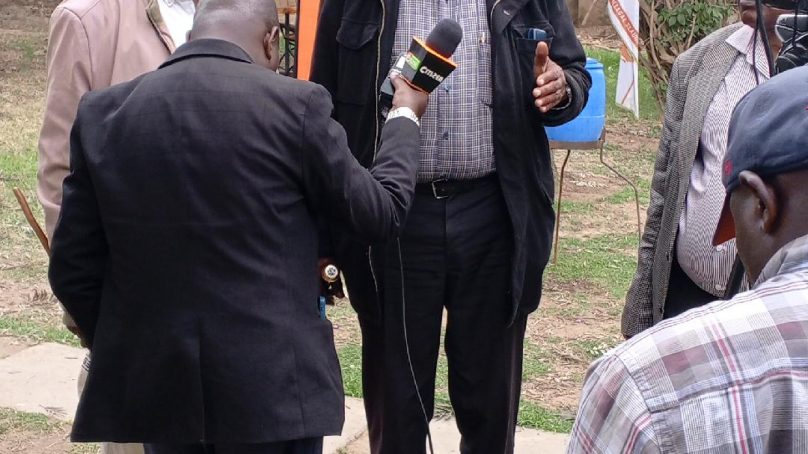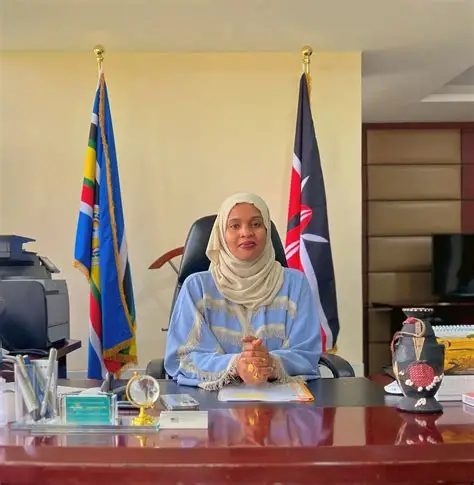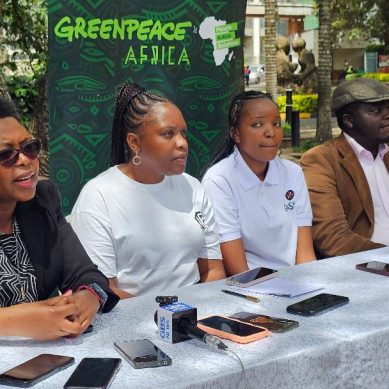
Leaders in Narok County have raised alarm over increased sale of donkey meat in the town following reports that some unscrupulous businessmen were involved in massive transportation of the animals.
The alarm was raised as Kenya National Bureau of Statistics (KNBS) data showed the population of donkeys in the country had dropped to less than one million from 1.9 million in 2019.
Led by Narok Maasai Council of Elders’ Chairperson Kelena ole Nchoe, the leaders said the donkeys are usually offloaded in the bush where they are slaughtered and their meat sold to unsuspecting customers.
Ole Nchoe reiterated that despite several campaigns to sensitise the members of the public on the illegal donkey slaughter, the vice was still going on clandestinely, and this has reduced the donkey population in the county.
The elder called on members of the public to be alert and report any person found moving a huge herd of donkeys, especially in the evening, without a legal permit.
“We are used to seeing livestock like cattle, sheep and goats migrating from one place to another to search for pasture and water during dry seasons. But we have never seen donkeys being moved because they remain at the homestead to help in household chores,” Nchoe said.
Ole Nchoe underlined the benefits of donkeys in the community saying they were commonly known as ‘co-wives’ as they helped women to fetch firewood, water and transportation of food produce from the shamba to the market places.
“Even in places where motor vehicles cannot access, the donkeys easily pass and transport the luggage to the market place. Unlike the motor vehicles that use fuel, donkeys do not use fuel. The only thing that a donkey requires is good care,” he said.
Another elder, Robert Ole Ire, thanked the government for closing donkey slaughterhouses as they contributed to massive donkey theft. Ole Ire said that despite the closure, donkeys were being slaughtered in the bush at night, which poses danger to residents who buy uninspected bush meat.
Sylvester Waku from Farming System Kenya (FSK) said illegal slaughter of donkeys still going hence the need for public education campaign so that residents could report incidents of donkey slaughter.
“What we are doing as FSK is to sensitise both the public and authorities on the dangers of bushmeat so that together we can end this vice,” he said.
Waku lamented the dwindling donkey population, saying data from the Kenya National Bureau of Statistics (KNBS) in 2019 showed that the population of donkeys in the country was 1.9 million.
However, the population has decreased to less than a million because of the high demand for donkey skins and private parts.
Donkey skin is used to make traditional medicine ejiao. Ejiao is made using gelatin extracted from boiled donkey hides. It is alleged that the medicine supplements lost blood, delays ageing, increases libido, treats side-effects of chemotherapy, and prevents menstrual irregularity, infertility and miscarriage.
Increased global demand for donkey meat and skin led to the establishment and licensing of donkey slaughterhouses in 2016 but later, the slaughter houses were shut down in 2020 following an increased rate of donkey theft.
The slaughter houses licensed to slaughter donkeys were: Goldox Kenya Limited in Mogotio, Star Brilliant in Naivasha, Silzah Limited in Lodwar and Fuhai Limited in Machakos.
- A Tell Media / KNA report / By Ann Salaton








